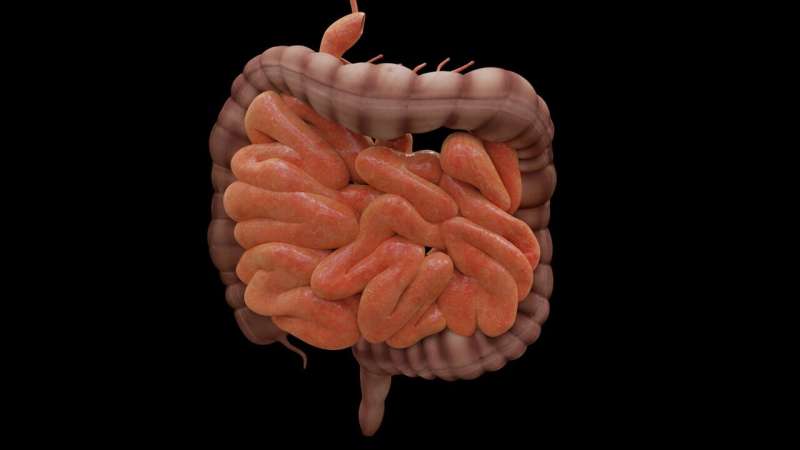Long-Term Results Confirm Safety and Effectiveness of Zigakibart in Treating IgA Nephropathy

Extended 100-week data confirms that zigakibart is a safe and effective treatment option for IgA nephropathy, showing sustained proteinuria reduction and stable kidney function.
Recent extended data from a Phase I/II clinical trial reinforces the potential of zigakibart, an investigational monoclonal antibody targeting the APRIL pathway, as a promising disease-modifying therapy for IgA nephropathy (IgAN). Presented at the 62nd ERA Congress, the 100-week study demonstrated sustained reduction in proteinuria, stable kidney function, and a favorable safety profile.
IgAN is recognized as the most common glomerular disease globally and a leading cause of chronic kidney disease, often progressing silently until significant renal impairment occurs. Approximately half of affected individuals may eventually develop kidney failure. The disease’s pathogenesis involves inflammation driven by abnormal IgA1 production, contributing to kidney damage.
Zigakibart works by inhibiting the APRIL pathway, crucial in the production of pathogenic galactose-deficient IgA1 (Gd-IgA1), thereby addressing a fundamental aspect of disease progression.
In the study, 40 adults with biopsy-confirmed IgAN and persistent proteinuria despite standard supportive care received zigakibart every two weeks via intravenous or subcutaneous infusion, alongside maximally tolerated renin–angiotensin system inhibitors. Results at Week 100 revealed a 60% average reduction in proteinuria from baseline; over half of the patients achieved proteinuria levels below 500 mg/24h, with nearly one-third reaching below 300 mg/24h, indicating deep remission. Estimated glomerular filtration rate (eGFR) remained stable across all groups, highlighting preserved kidney function.
Additionally, treatment led to significant decreases in serum immunoglobulin levels, including a 74% reduction in IgA and Gd-IgA1, confirming the drug’s mechanism of action. The adverse events reported were primarily mild or moderate, with no serious infections or treatment discontinuations—an especially reassuring aspect given the context of concurrent COVID-19 circulation.
These findings mark the longest reported period of eGFR stabilization for an anti-APRIL agent in IgAN, bolstering confidence in zigakibart's potential for long-term disease control. Lead researcher Professor Jonathan Barratt emphasized the encouraging nature of the results and anticipation for further validation in upcoming Phase III trials.
The larger Phase III BEYOND study is currently underway, assessing the drug’s impact on proteinuria and long-term kidney function over 104 weeks in a broader patient population, with an extension trial also in progress.
Source: https://medicalxpress.com/news/2025-06-term-sustained-efficacy-safety-zigakibart.html
Stay Updated with Mia's Feed
Get the latest health & wellness insights delivered straight to your inbox.
Related Articles
New Insights Into Snakebite Envenomation and Antivenom Effectiveness
Recent research reveals significant differences in Eastern Brown Snake venom based on location, prompting a re-evaluation of antivenom efficacy and snakebite treatment strategies.
Understanding Breast Cell Changes During Motherhood and Their Impact on Breastfeeding Difficulties
New genetic insights into breast cell transformations during motherhood reveal potential causes of breastfeeding challenges and postpartum breast cancer, paving the way for innovative health strategies.
Fecal Microbiota Transplants: Potential Benefits and Unforeseen Risks
Fecal microbiota transplants show promise for gut health but pose risks due to regional microbiome mismatches. New research highlights the need for targeted microbial therapies to ensure safety and efficacy.
Short-Term Sleep Deprivation Can Harm Heart Health: New Research Findings
Discover how just three nights of poor sleep can elevate markers linked to inflammation and increase cardiovascular risk, emphasizing the importance of good sleep habits for heart health.



